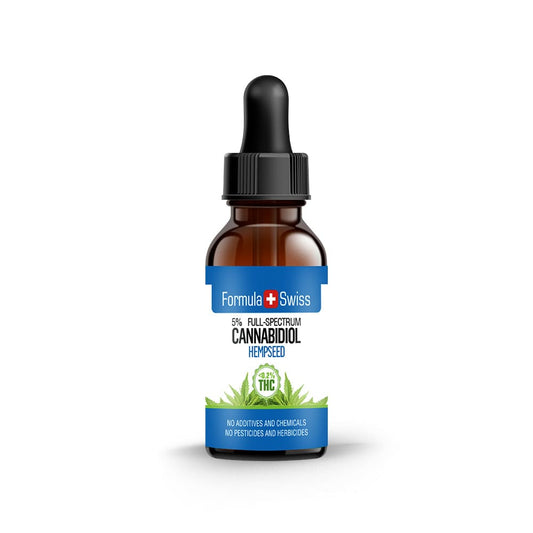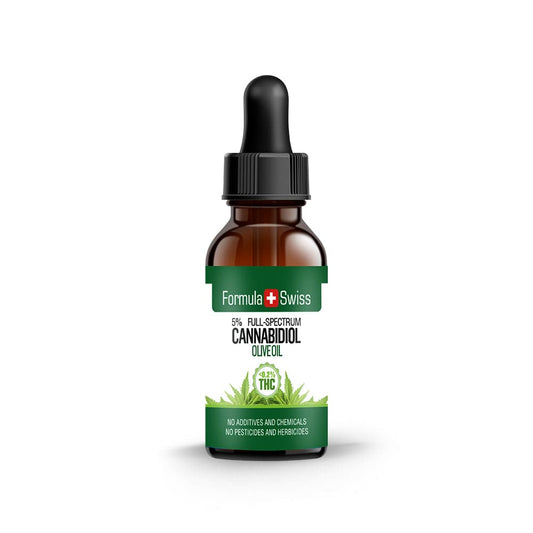Legal cannabis edibles will be available in Switzerland
In a groundbreaking move, Switzerland is set to legalise the sale of cannabis edibles, commonly known as edibles, starting this July. These products, which include wine-gummies and pralines, will be available in select locations within the canton of Zurich.
This initiative is part of the largest cannabis study in Switzerland, launched by the Swiss Cannabis Research association in collaboration with the University of Zurich and the KOF/ETH.
Where to buy legal edibles
Swiss consumers will be able to purchase these legal edibles in the following locations:
- Three Swiss Cannabis Centers in Zurich, Schlieren, and Winterthur
- Three Medbase pharmacies in Zurich
- One pharmacy in Horgen
However, there is a catch. To buy these products, consumers must register as participants in the ongoing Swiss Cannabis Research study, which began on 2nd May. This study aims to include up to 7500 participants, making it the largest of its kind in Switzerland.
Study requirements and product details
Participants will have access to two types of THC-infused sweets: wine-gummies and pralines. Each piece contains a maximum of ten milligrams of THC, with ten wine-gummies costing 35 francs and six pralines priced the same. The high price point is intentional to discourage excessive consumption, ensuring that these products remain occasional treats rather than everyday items.
The Swiss Cannabis Research association, headed by President Paul-Lukas Good, is focused on producing these edibles domestically with approval from the Federal Office of Public Health (BAG).
Good emphasises that the study participants have consistently requested edibles, and this initiative responds to their demand while aligning with the study's goals to evaluate the economic and health impacts of cannabis regulation.
Consumer interest and market potential
Although the exact market response is uncertain, early indications suggest significant interest among study participants. Good notes that in the United States, edibles constitute about ten percent of all legal cannabis products, hinting at their potential popularity in Switzerland.
The study not only seeks to meet consumer demand but also to offer alternatives to consuming THC without tobacco. Despite the enthusiastic response, only around 1000 participants have registered so far, with one-third of them assigned to continue acquiring cannabis illegally.
The association aims to increase this number through multiple recruitment phases, aspiring to reach the target of 7500 participants within five years.
Personal insights
As someone closely observing the evolution of cannabis regulation, I find this development both fascinating and promising. The introduction of legal edibles represents a significant step towards understanding and potentially normalising cannabis consumption in Switzerland.
By meticulously studying its impacts, Switzerland could pave the way for more informed and balanced cannabis policies in the future. The high level of interest in this initiative underscores a shifting perspective on cannabis use, highlighting a preference for regulated, safe, and varied consumption methods.
As this study progresses, it will be intriguing to see how consumer behaviour adapts and what insights emerge regarding the broader implications of legal cannabis products.







